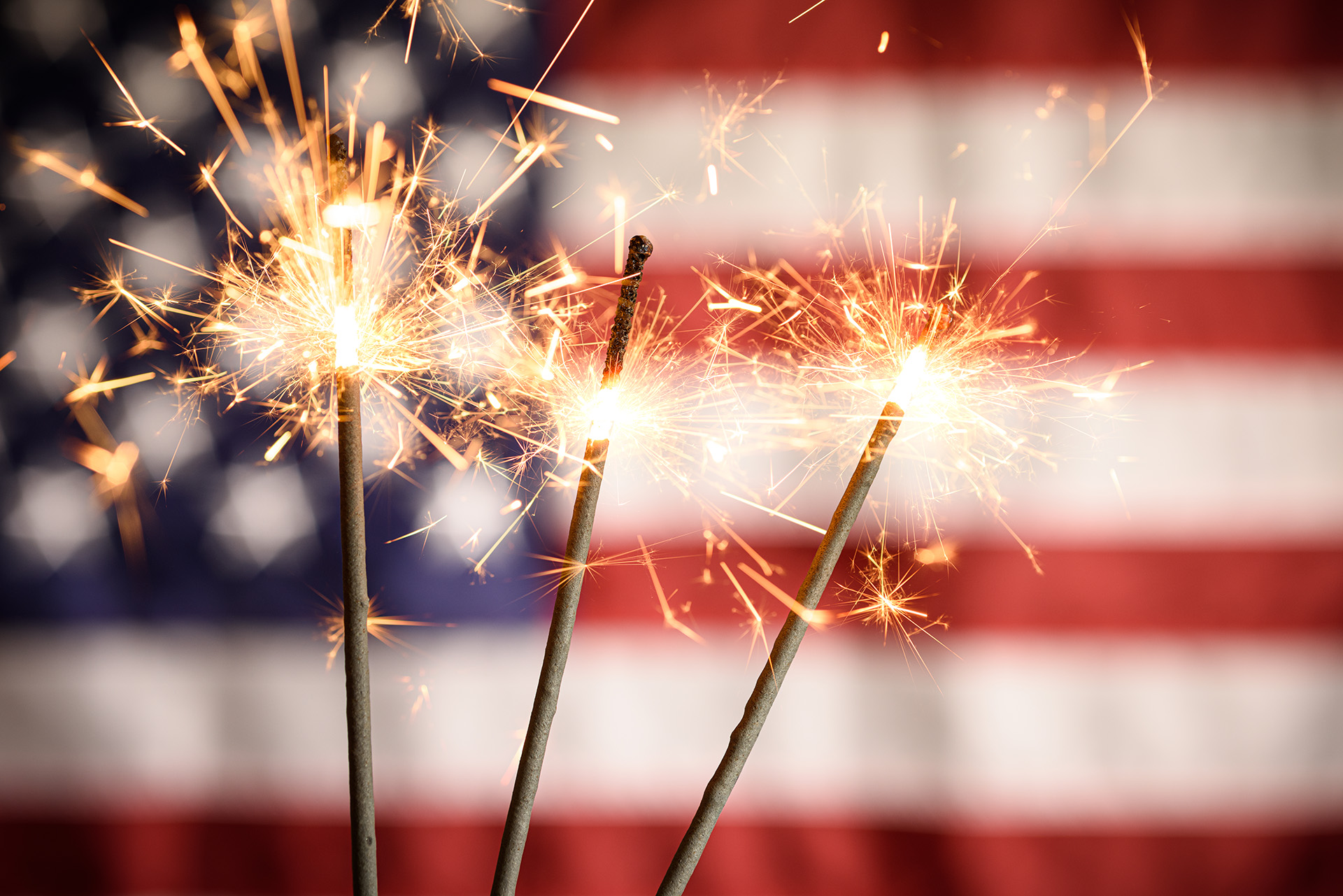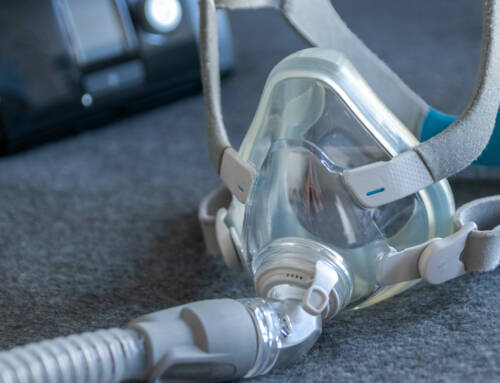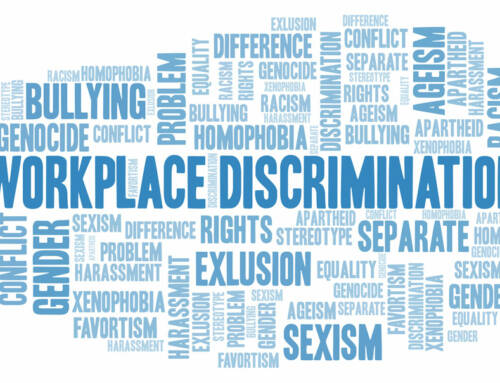On July 4th, 2020, almost no one was in a celebratory mood. The coronavirus pandemic cancelled around 80 percent of these festivities.
As we have all learned over the last year, whenever large crowds gather, there is a chance that something could go horribly wrong. It is nice to know that a New York personal injury attorney can help you pick up the pieces if the unthinkable happens. Unless an attorney obtains compensation for medical bills and other economic losses, victims would most likely have to pay these costs out of their own pockets. Injury victims also deserve compensation for their noneconomic losses, such as pain and suffering.
On the Road
Most people plan to travel at least fifty miles away from home this weekend. Most people also plan to drink alcohol this weekend. This combination is responsible for about a third of the fatal car accidents in New York.
Most people are legally intoxicated after they have three or four drinks. But alcohol impairment begins at the first drink. This impairment usually includes slow motor skills and clouded judgement. Alcohol is a depressant which slows muscle movements. Furthermore, alcohol gives people a false sense of euphoria.
If the tortfeasor (negligent driver) was legally intoxicated, New York’s negligence per se rule usually comes into play. Tortfeasors could be liable for damages as a matter of law if:
- They violate a safety law, and
- That violation substantially causes injury.
Tortfeasors who are impaired but not legally intoxicated could also be responsible for car crash damages. The duty of reasonable care, which most noncommercial drivers have, requires motorists to be sober when they get behind the wheel. Evidence of dangerous impairment includes:
- Erratic pre-crash driving,
- Slurred speech,
- Bloodshot eyes,
- Odor of alcohol, and
- Statements about alcohol consumption.
The above-noted compensation is available if a victim/plaintiff proves negligence, or a lack of care, by a preponderance of the evidence, or more likely than not. So, a little evidence goes a long way in these cases.
Drowsy driving is a problem as well, especially after a long day on the road. Driving after eighteen consecutive awake hours is like driving with a .05 BAC level. Furthermore, there is no quick fix for drowsiness, just like there’s no quick fix for alcohol impairment. Driving shortcuts, like drinking coffee, usually don’t work.
On the Waves
Many people will be boating this weekend. Many of these people have almost no experience sailing a boat. Even if you are ineligible for a drivers’ license in New York, you can legally operate a powerboat.
Most people assume that driving a boat is about like driving a car. After all, they both have the same basic operational gear, like an accelerator and a steering wheel. But there are significant differences. First and foremost, boats don’t have brakes. Additionally, cars have wheels that grip a solid surface. Boats float.
This operational inexperience often leads to boat collisions. The risk is even higher if, as is often the case, the boat operator had been drinking.
Boaters are legally responsible for injuries in these cases. Frequently, the boat’s owner is financially responsible for damages. According to the negligent entrustment doctrine, owners are liable for accident damages if they knowingly allow incompetent operators to use their vehicles. This incompetence could be a licensing issue or a behavioral issue, like intoxication.
Commercial negligent entrustment cases are a bit more complex, because of the federal Graves Amendment.
Injuries could happen under the waves as well. Boat operators don’t only have a duty to operate these watercrafts safely. In most cases, they also have a duty to keep passengers safe. A wet, pitching deck is basically a mobile fall hazard. Life jackets prevent some drowning-related injuries, but not all of them.
Sparkler in Hand
On the fireworks calendar, June and December are basically the only money-making months. So, during these times, these vendors sell as much product as possible. They certainly do not strictly enforce purchase limits and other restrictions.
Legally, fireworks are inherently dangerous products. Flammable explosives cannot be handled entirely safely, no matter how careful users are. Therefore, whether or not the product was defective, the manufacturer is usually strictly liable for damages in these situations. Comparative fault, like using fireworks while under the influence of alcohol, usually is not relevant.
In addition to the aforementioned compensatory damages, punitive damages are usually available in these cases as well. These additional damages are the best way to convince fireworks vendors and manufacturers to change the way they do business and put customer safety first.
For a free consultation with an experienced New York personal injury attorney, contact Marie Napoli. We routinely handle matters throughout the Empire State.






